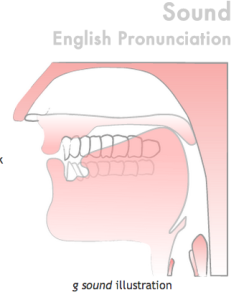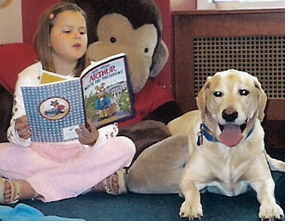How do you know if your toddler has speech delay? Don’t hit the panic button yet! There’s a chance your child could just be a late talker. A late talker is a toddler between the ages of 18 to 30 months, who is developing normal play, social, thinking and motor skills, but who is limited in spoken vocabulary for their age. Toddlers who are late talkers do not necessarily have speech delay. Most late talkers have difficulty with expressive language. Expressive language is used by toddlers when they are communicating their wants and needs. For example, asking for “milk” is a way that toddlers use expressive language to communicate their desire for a particular drink. Learn more about speech delay in toddlers below.
Language Development in Children: 3 False Facts
Language DevelopmentAs with most things, there are common misconceptions about speech and language development in children, undoubtedly confusing all of us parents! Should we be reading the Wall Street Journal to our babies in utero? Should we feel self-conscious when engaging in baby talk with our 6 month old? Are we doing damage? We are here to help clarify some of the most common False Facts about language development in your child. Of course, it’s important that you are patient. All parents can’t wait until that day when their baby begins to talk! BUT, each child progresses at a different rate, so be patient, it will come. Your best bet is to understand what is true and what is false about language development in your child.
Teaching the Sound of Letter G
Pronunciation & Lisps Speech Therapy Techniques
Teaching the Sound of G. Image courtesy of www.pronuncian.com
“Dess what Mommy?” “Where is the dod?, “When are we donna be there?” Are these familiar questions around your house? Is your son or daughter making a “d” sound in place of a “g”? Or, leaving the “g” sound out all together? If so, don’t fret. Most children under the age of five have some trouble correctly pronouncing certain sounds and words. While most children will usually mispronounce words at some point in her growth, the majority of children outgrow these mispronunciations and master correct sounds by certain ages. And, to make things even more complicated for your young child, there are two distinct sounds of “g” that he or she must perfect: a hard g and a soft g. Is there a way to help guide your child? YES! Here are some tips and tricks for teaching your child the sound of letter g.
Animal-Assisted Speech Therapy
Parents' Corner Speech Therapist Speech Therapy Techniques
Animals Can Be An Excellent Supplement to Speech Therapy. Image courtesy of www.pawsandthink.org
Shark Week is here! Shark Week is here!! Sure, it’s fun to watch on TV, but what does it have to do with speech and language therapy? Actually, quite a bit. Sure, there is our good friend the Shark Buddy, but what about swimming with dolphins, riding horses or even petting a dog? Animal-assisted therapy has been gaining strength in popularity and recognition as an effective part of a therapy regime for children who have a wide range of social, language and communication disorders.
Continue reading
Teenager Technology Overload – How Much is Too Much?
Parents' CornerYour teen seemingly goes from his laptop, to his tablet, to his smart phone as if it’s a full time job. Sound familiar? Sure, technology today is “essential,” but honestly, at times it seems like teenager technology overload. In this age where our children don’t know a world without technology, families with teenagers are struggling to find out the appropriate balance. Technology is an excellent resource, especially for use in a speech therapy setting, as long as the appropriate rules and limits are followed. As our teenagers have access to more information than ever before, it’s important to realize that their brains may not be able to process it as easily. A study from Loren Frank of the University of California suggested,
Downtime lets the brain go over experiences it’s had, solidify them and turn them into permanent long-term memories.
However when our brains are constantly stimulated, “you prevent this learning process.”






